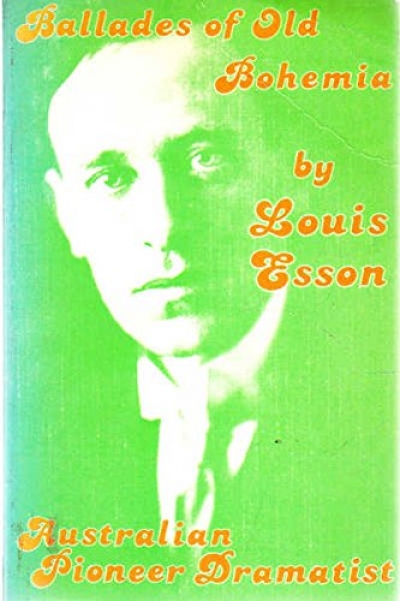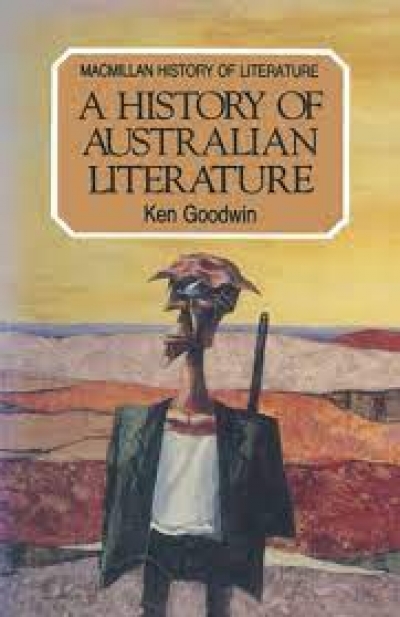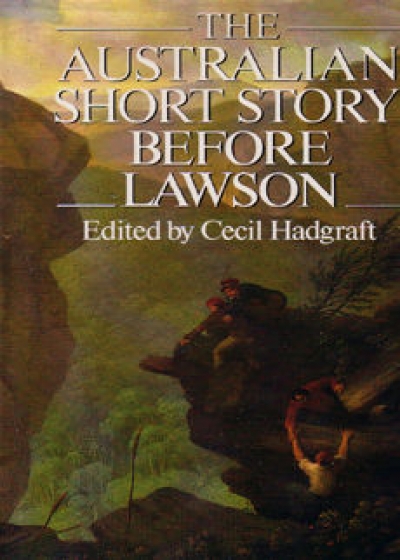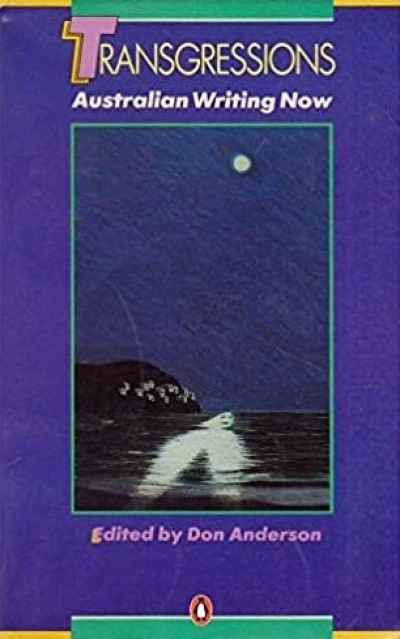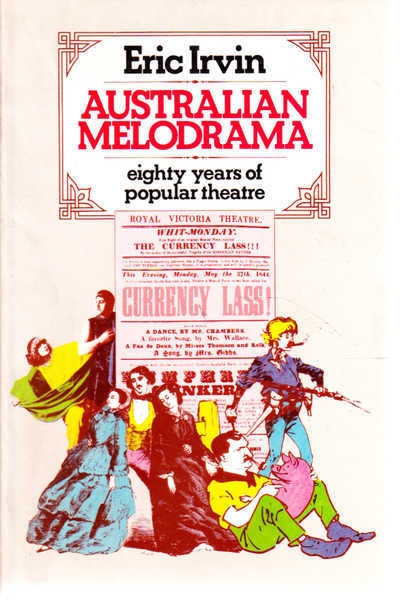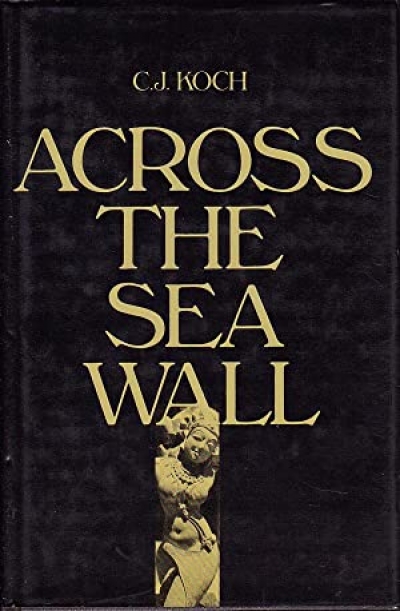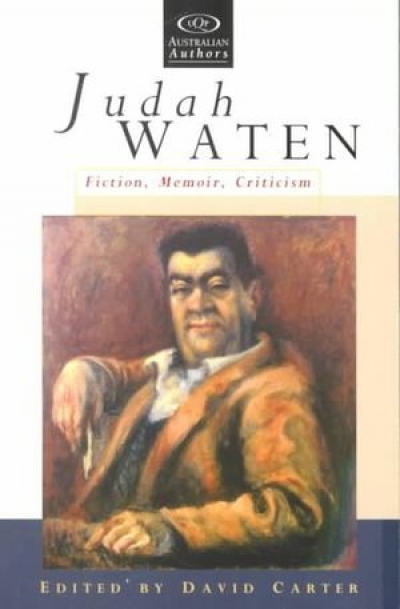Mary Lord
Mary Lord was a writer and academic.
Somewhere between seventy and eighty enthusiasts attended a conference at the University of Wollongong on 10–12 July to celebrate the work of Olga Masters, the award-winning novelist and short story writer who died in 1986. It was not the usual academic conference by anyone’s standards although, as might be expected, some academic papers were given. Interesting and provocative as these were, t ... (read more)
I’m well overdue with this article, and I suspect John McLaren is never going to speak to me again. Trouble is, I’m on a frenetic reading jag and its mainly McLaren’s fault.
On the Thursday of Writers’ Week, he beguiled me into the bookshop near the Writers’ Tent and in no time at all I emerged buckling at the knees under the weight of a carton of books written by many of the writers I ... (read more)
The more I think about it the more I am convinced that Ken Goodwin must have found this a brute of a book to write. Not that difficulties are apparent in the writing. Far from it. It is simply that, in looking at it from a reviewer’s point of view, I am increasingly aware of the constraints under that the author must have suffered while managing to produce a book which the general reader and the ... (read more)
It is surely one of the most widely believed tenets of Australia’s literary history that the short story has a special significance achieved with its rise to popularity in the 1890s under the patronage of the Bulletin and in the hands of a master craftsman like Henry Lawson. Orthodoxy has it that Australian literature was born in the 1890s: that is, it shucked off its colonial cast and developed ... (read more)
I have a theory that every second Australian is a closet short story writer. And this is a conservative estimate. According to my theory, the so-called ‘booms’ in the history of the Australian short story in the 1890s and 1950s merely reflected fashions in the book and magazine publishing businesses, not the relentless scratching away in exercise books or thumping of battered typewriters which ... (read more)
For those who think that opera in Australia only began to get off the ground this book will come as something of a shock. There was a time, over a hundred years ago, when enthusiastic audiences drawn from across the social spectrum supported ‘regular seasons of the world’s best musical theatre’ by a resident, commercial opera company which played in all the major capital cities. W.S. Lyster ... (read more)
It seems that going to the theatre has always been a popular activity with Australians. Popular theatre during the period covered by this book (1834–1914) staged a remarkable variety of Australian plays: operettas, melodramas, burlesques, sensation plays, and extravaganzas. On Our Selection, the first play to be called ‘Australian through and through’, opened to an audience of more than a th ... (read more)
This is not a reissue of a novel almost twenty years old, nor is it quite a new novel: it is a heavily revised version of an early work by the author of the prize-winning novel Year of Living Dangerously. Across the Sea Wall was written before C.J. Koch was thirty. In a prefatory note to the new version he writes: ‘If such novels of youth are worth republishing, they are worth revising ... The c ... (read more)
At seventy-one Judah Waten is not just another old soldier who refuses to fade away. Nor is he a man who keeps writing books out of habit. He is a born storyteller who writes when he has something to tell us. And the more he writes, the more powerful and persuasive his fictions become.
Scenes of Revolutionary Life is a brilliant achievement; the work of a man at the peak of his power. Subtle, ric ... (read more)

